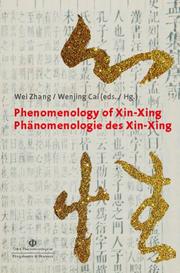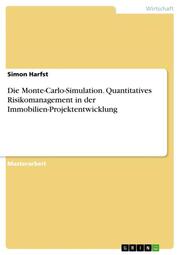Introduction by Wei Zhang – I. Kern: Three Questions from Chinese Philosophy Adressed to Husserl’s Phenomenology – L. Ni: Phenomenology of Xin-Xing: Its Research Scope and Method – X. Zhang: The Relationship between Scheler’s Ethics and Confucianism – T. Tani: Awai-the Japanese Concept of Betweenness – N.-I. Lee: Gefühl als Ursprung der Werte bei Scheler und Mengzi – S. Chen: A Phenomenological Analysis of Shame – L. Chen: The Feeling of Commiseration (??): Empathy, Sympathy, and Bestimmung – C.-C. Yu: Husserl’s Intercultural Implication of Ethical Renewal and Theoretical Rationality: A Reappraisal from East Asian Perspective – X. Fang: The Phenomenological Signification of the Concept ‚Spirit‘ in Yellow Emperor’s Canon of Medicine – G. Zhu: Drei Verständnisse vom Selbstbewusstsein: Husserl, Levinas und Wang Yangming – W. Zhang: Reconsiderations of ‚Tranquil Consciousness‘: With Iso Kern’s Analyses of ‚Seeing in Formlessness, Hearing in Tonelessness‘ as the Center – Y. Li: On the Phenomenological Implication of Conscience Presentation – Z. Luo: The Feeling of Commiseration, Empathy and Empathic Intentionality: A Discussion with Iso Kern – P. Zheng: Xiong Shili’s Dual Dimensions of ‚Mind‘ Doctrine: From the Perspectives of Static and Genetic Phenomenology – R. Suter: ‚Ursprüngliches Wissen‘, ‚intellektuelle Anschauung‘ und die Möglichkeit einer phänomenologischen Ethik der Mitmenschlichkeit – J. Wang: Ren (?) als ein phänomenologisches Thema: Von Heidegger, Scheler und Rombach aus gesehen – H.R. Sepp: Auf-Bruch. Solidarität als Teilen


























Bewertungen
Es gibt noch keine Bewertungen.